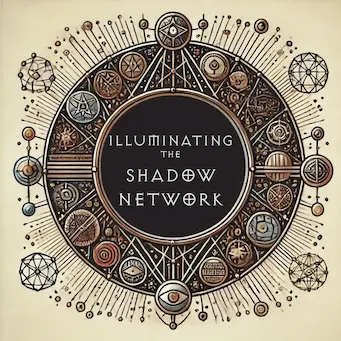Oren Cass
Role: Contributor
Position: Executive Director of American Compass
Background:
Oren Cass is the Executive Director of American Compass, a conservative think tank he founded in 2020 to develop a conservative economic agenda focused on family, community, and industry. Before founding American Compass, Cass was a senior fellow at the Manhattan Institute, where he concentrated on labor and economic policy. He also served as the domestic policy advisor for Mitt Romney’s 2012 presidential campaign, contributing significantly to the campaign’s policy strategy and proposals. Cass is the author of The Once and Future Worker, a book that critiques current economic policies and advocates for a worker-centric approach. He holds a JD from Harvard Law School and a BA from Williams College.
Relation to Trump:
While Oren Cass did not hold a formal position in the Trump administration, his work on economic policy and advocacy for a conservative economic agenda has influenced broader policy discussions within the Republican Party. His critiques of globalization and advocacy for policies that support American workers align with some of the Trump administration’s economic priorities, including trade protectionism and efforts to revitalize American manufacturing. His think tank, American Compass, has been involved in shaping policy ideas that could influence future Republican administrations, particularly through initiatives like Project 2025.
Scandals or Controversies:
Oren Cass has not been involved in any major personal scandals. However, his positions on economic policy, especially his criticisms of free-market capitalism and support for industrial policy, have sparked significant debate among economists, policymakers, and political commentators. His work challenges traditional conservative economic views, leading to vibrant and sometimes contentious discussions.
Potential Concerns:
Cass’s work often challenges traditional conservative economic orthodoxy, advocating for policies that some critics argue resemble industrial policy and government intervention in the economy. His approach to trade, labor, and economic policy can be contentious, attracting criticism from both free-market proponents and those on the left who may disagree with his conservative framing of these issues.


